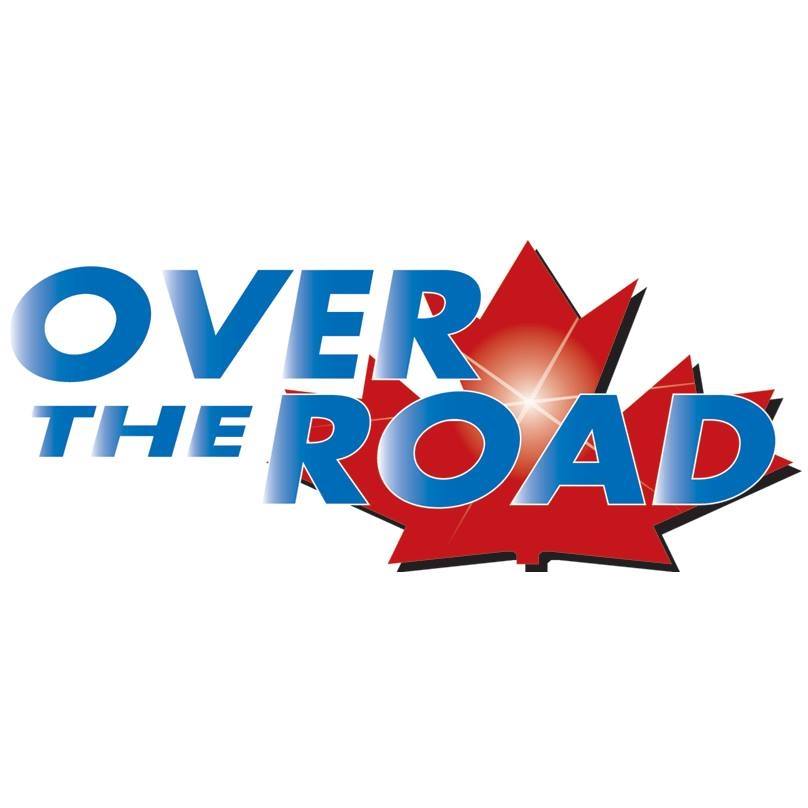Get the H**l out of debt

My closest friend attended another event that had a senior analyst of one of the six chartered banks present a long term economic forecast for Canada and the US. That’s at least two of the six (that I know of) that are in relative agreement about the economy (the only discrepancy is the time frame of the coming borrowing/cash crunch: 18-30months verses 24-60months). The short term projections are bullish on Canadian real estate (18-24 months) while the US slowly increases their interest rates. As interest rates rise (to “cool” the 4%+ growing US GDP) borrowing will become more and more difficult/costly. It should reach critical mass early 2019 to late 2020 at which time credit will become much more difficult. All those who have excessive debt during this time will feel the weight of higher interest rates. Borrowers who over leveraged their houses in the past will look to sell to release the financial pressure. Most everyone is estimating a serious drop in Canadian real estate prices (or at the very east a strong buyers market).
All that being said, what should operators do financially? My answer: Get out of debt! I am not necessarily referring to truck debt (which is generally capped at 5 years). I am mostly referring to consumer debt (credit cards and Lines of credit) and partially referring to a home mortgage as well. As rates increase interest costs will place a non-budgeted burden on your cash flow. As real estate softens, downsizing will most likely cost years of accumulated equity. As credit tightens, your ability to take advantage of future opportunities will diminish.
I am not advocating elimination of debt entirely (which wouldn’t be bad if you can do it) but reducing your interest costs will be critical. The time to do that is NOW! For aggressive business minded people who wish to protect their assets or even maximize their opportunity in the future I have been suggesting a goal of reducing their total interest costs to 5% of net income (mortgage included). That means $3,000 per year, on $60,000 net income. That would mean a $75,000 mortgage at 4%. If interest rates are going to double that means the future will be 10% of net income (which is still manageable).
The inevitable collapse/crisis of: credit, real estate or even currency will not be pretty but what it will be is moderately predictable. Canadian personal debt levels are outrageous. In addition, our governments (at every level: municipal, city, provincial and federal) are borrowing and spending at levels that exceed even our war time history. Eventually it will be stopped, not necessarily by the elected officials but simply by the market itself. Personally I would prefer to hire drunken sailors to manage government financial matters than how its being done today. If we cannot stop them today we must protect ourselves from the consequences that will be coming tomorrow. This is why I am advocating serious reductions of personal debt. If you are now paying 10% of your net income in interest, you will most likely be paying a minimum of 20% in under five years. If you can’t sustain that you will have to sell and pay down debt however you can… in an environment where everyone else will be selling. It won’t be pretty.
On April 21, 2014 my son received his first credit card. I warned him of its dangers and I made him an agreement (which he signed). I would pay him $1000 if he proves that he had a credit card for 5 years (April 21, 2019) and never paid $.01 in credit card interest. Last month my son confided in me that he made a mistake. He thought his wife paid it and his wife thought he did. He missed a deadline and it cost him $30. I told him that this kind of thing happens (even to me once every five to ten years) and I was still very proud of his accomplishment to date. Three years without any interest (or even mistakes) is pretty awesome for a millennial. I was so proud that I offered him another deal. Start over again (another five years) and this time I’ll give him $2000 if he shows he went without paying any interest. In my opinion this type of risk/incentive brings great long term rewards for parents.
I want the independent operator industry (truckers) to prosper. In order to make it through this next decade they need to prepare for a very different set of “norms”. Higher interest rates.
I’ve written about this before. The saying “the rich get richer and the poor get poorer” usually has truth associated to it. The rich do usually get richer… but not because they’re rich but because they heed good advice. The poor get poorer because they don’t.
